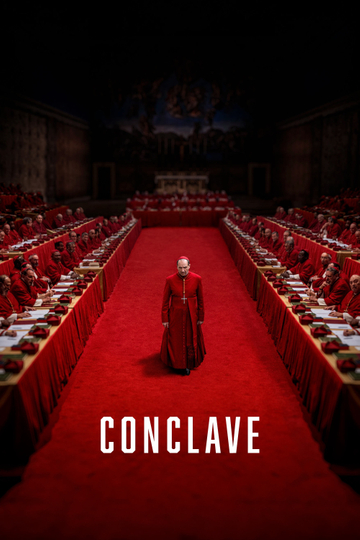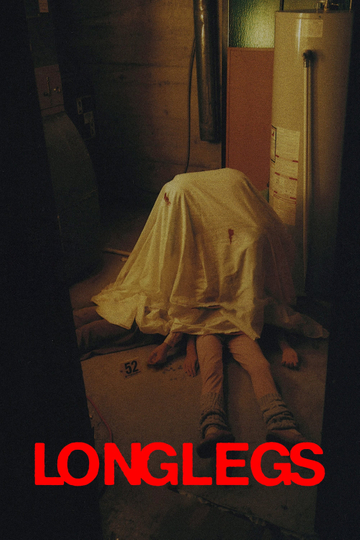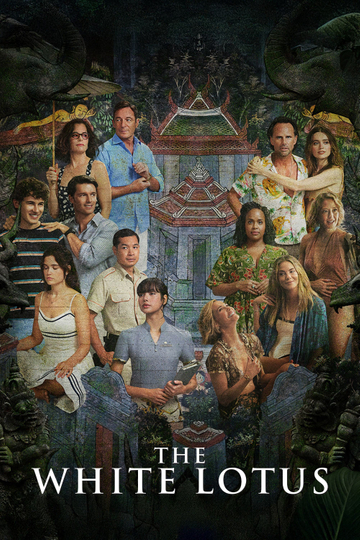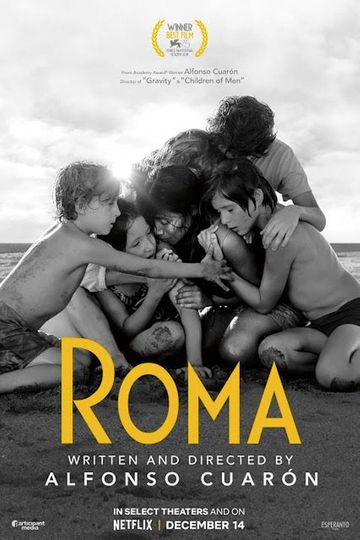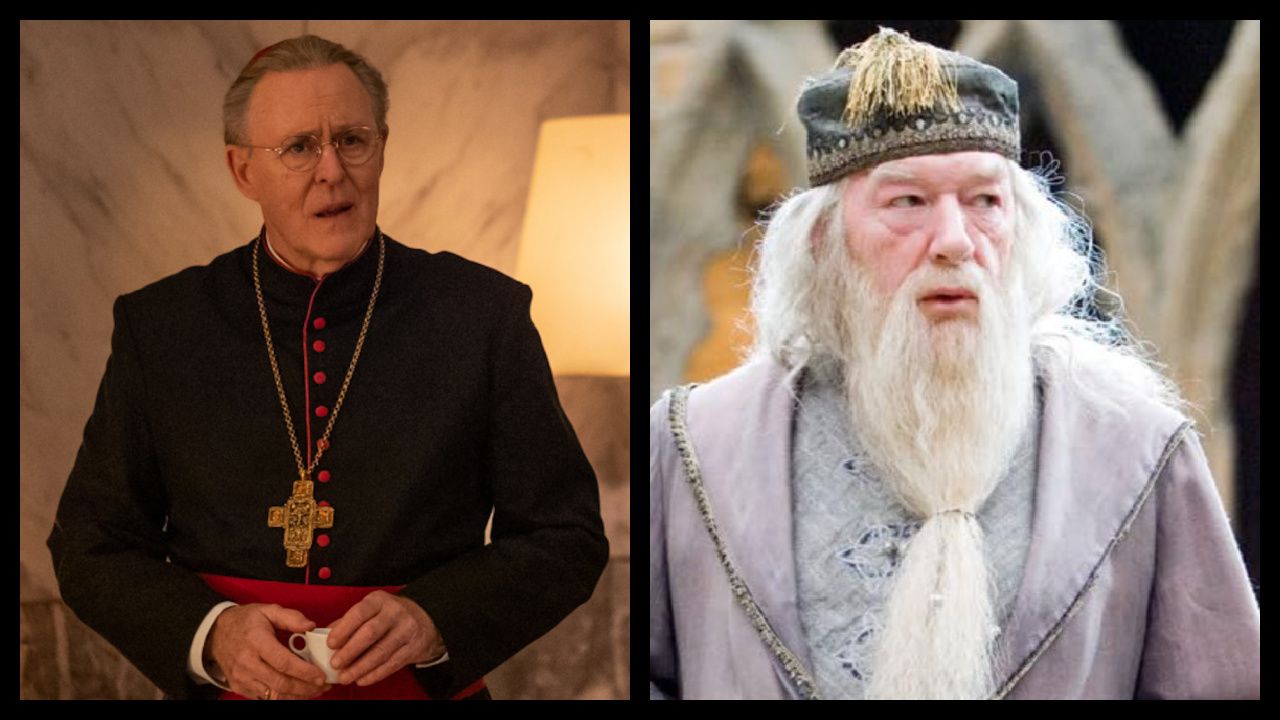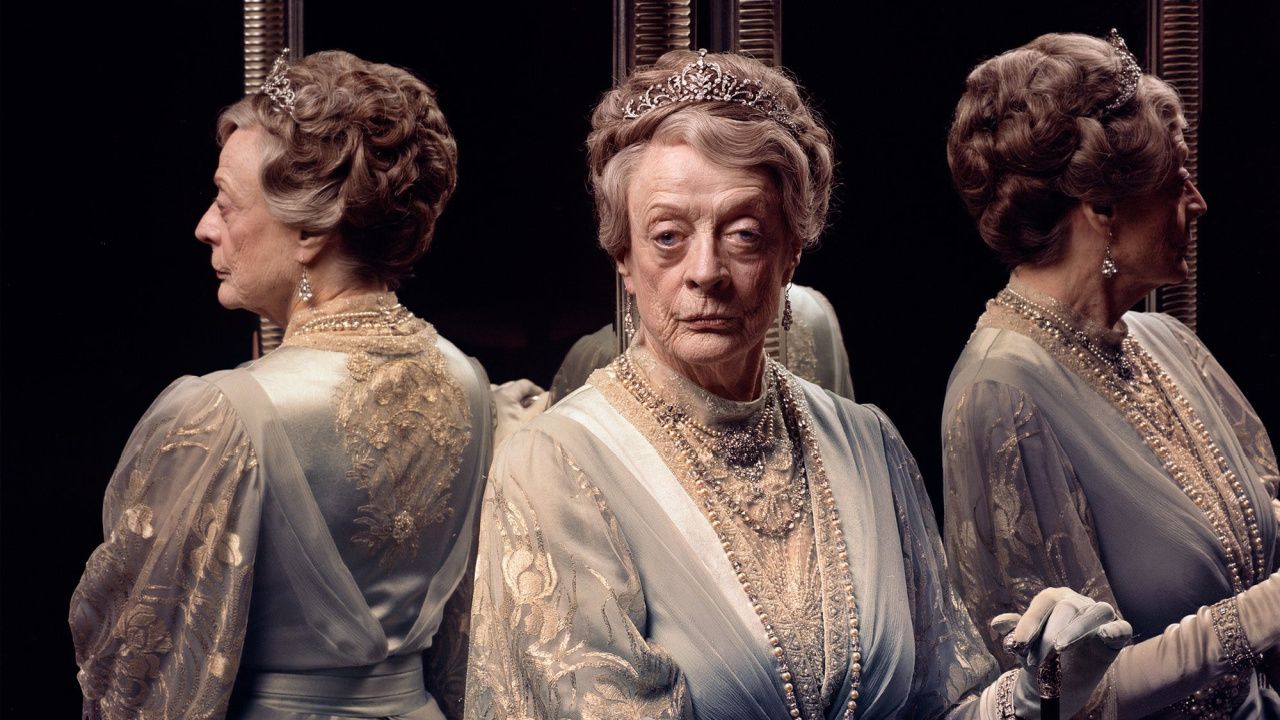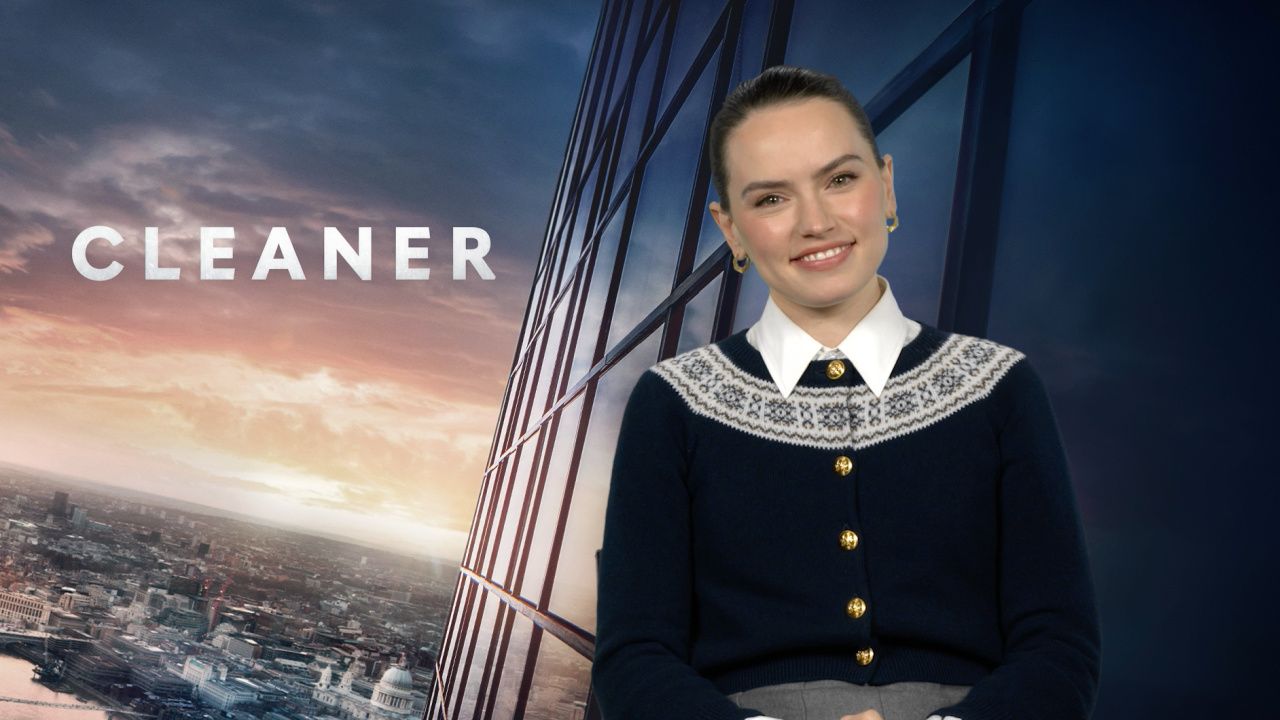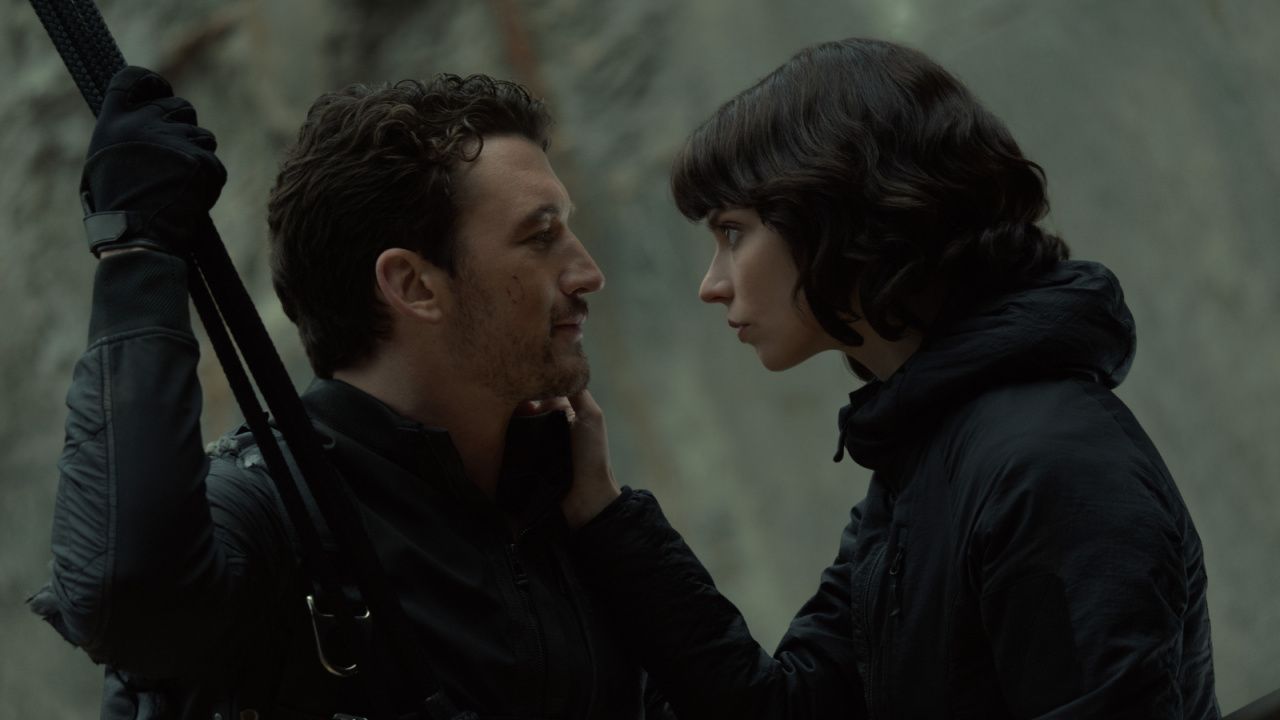'Roma' Review: Alfonso Cuarón's Latest Masterpiece Is Truly Special
As a director, writer, producer -- and sometimes documentarian -- Alfonso Cuarón seems like he’s been a fixture of the cinema for years. Indeed, it’s surprising to realize he’s only directed eight films since his 1991 debut, “Solo con Tu Pareja.” This is possibly because his last three --“Harry Potter and the Prisoner of Azkaban,” “Children of Men,” and “Gravity” -- all in one way or another became an immediate part of the pop culture firmament, earning accolades or box office glory or supplying the world with a prescient look at humanity, technology, and the magic in between -- the magic of creation, if nothing else.
But even for a constant inventor and fearless experimenter, his latest, “Roma,” is something special, something unique -- an intimate, even sometimes slight drama given poetry and emotional resonance as it’s projected against the backdrop of not just Mexican history, but his own. Shot in black and white, starring a nonprofessional actress, and set in a time and place seldom explored in mainstream cinema -- that is, until a filmmaker like Cuarón has the personal investment, and perhaps more importantly, the authority to shine a light upon it -- “Roma” tells a deeply humane, enchanting story that easily ranks among the best and most indelible of 2018.
Newcomer Yalitza Aparicio plays Cleo, a young maid in the household of a middle-class family living in Mexico City in the early 1970s. Obedient and sensitive, Cleo forms natural attachments with her employers Sofia (Marina de Tavira) and Antonio (Fernando Grediaga), not to mention their three children -- and they with her. But the growing strain between Sofia and Antonio serves as a reminder that she should keep their family at arm’s length, at least until she becomes pregnant by Fermin (Jorge Antonio Guerrero), the cousin of her friend Adela’s (Nancy Garcia) boyfriend, Pepe (Marco Graf).
After Antonio leaves, Cleo grows closer to the children, as Sofia attempts to figure out how to explain to them that their parents are getting divorced. But when Fermin abandons Cleo and leaves her to give birth alone, they are forced to come together to make the best of their respective situations.
Cuarón’s film was reportedly inspired by his own upbringing, and as homage or recreation (or both), he chronicles these characters’ lives in ways that bring them vividly to life. Cleo’s tasks are menial and domestic, but they give her purpose, and make her feel a sense of belonging -- except when Sofia reminds her that she is an employee, which happens occasionally, but never cruelly. It’s a distinction that blurs ever more dimly as both she and their family face adversity. First, it is when she fearfully reveals her pregnancy to Sofia, then later when Sofia invites her on a vacation with the children where she hopes to come clean about their father. Cuaron’s camera observes affectionately how these women band together in the face of unhelpful, indifferent men, and care for children, and each other, indicting their counterparts irrefutably but dispassionately.
The filmmaker also serves as his own cinematographer, astutely capturing both the routine of their lives and the details that seem at once mundane and magical. From the dog turds that never seem to wash away, to the carport where Antonio’s prized Galaxy will barely fit, his portrait feels both aspirational and delicately anchored in reality; planes fly distantly over the rooftops where maids across the city hang laundry. Weddings take place in the background as sad conversations unfold. As a New Year’s party gets underway, a fire breaks out in the hills beyond the hacienda grounds, and the partygoers, including the children, venture out to help smother the brush fires. The rhythms are those of real life, combining tragedy and triumph and coincidence and convergence with honesty and compassion, elevating it all to something more profound than the “mere” stuff of a maid bonding with the family she works for.
Aparicio is both the film’s tether to a documentary-style reality about the lives of maids in a middle-class Mexico City borough and its light source, its force for elevating the premise to something more meaningful. What happens to her, and to the family, is never pitying, and neither does it indulge in anachronistic clichés; these women have grander, or at the very least more honest dreams for their future, and part of this adventure involves them coming to terms with that. And it all goes back to Cuaron’s great gifts as a filmmaker, presented through his work time and again: To take worlds we think we know, or we feel we can imagine, and to immerse us in them, make them feel visceral, and to give that emotional dimension.
Ultimately, “Roma” aims for something so specific that it cannot help but feel universal. In doing so, it humanizes experiences that it seems easy to have distant, detached opinions about, and then elevating that humanity into the stuff of great art. In the end, it achieves something unique, relatable, and transcendent all at once.
Roma




